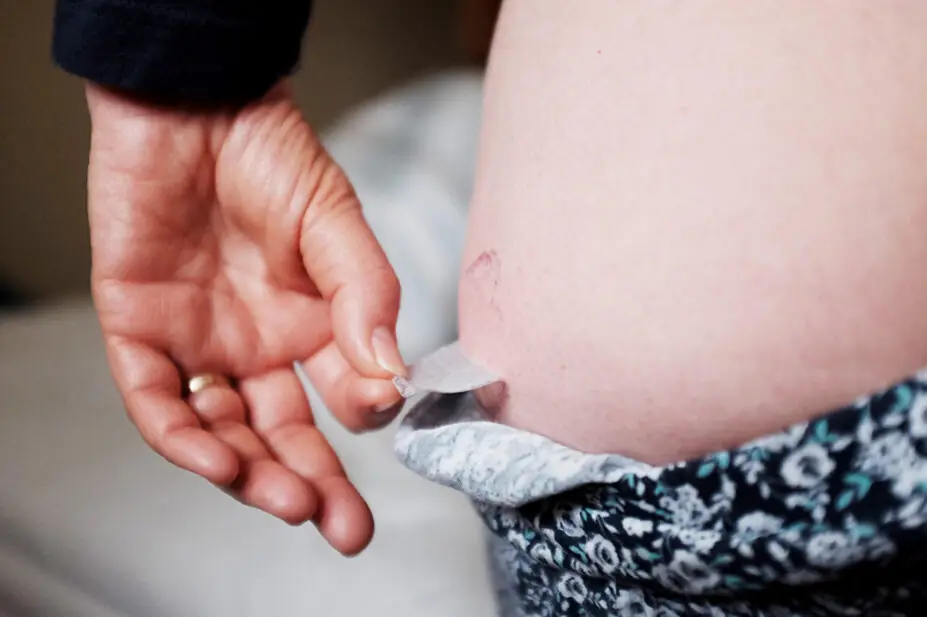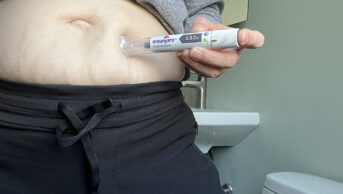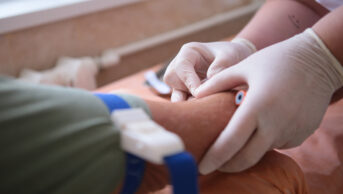
Simon Dack / Alamy Stock Photo
The number of hormone replacement therapy (HRT) items dispensed in England rose by 22% in 2023/2024 to 13 million items, NHS data have revealed.
The publication of the data by the NHS Business Services Authority (NHSBSA) on 17 October 2024 followed a 47% increase in HRT items dispensed the year before, from 7.4 million items in 2021/2022 to 10.9 million in 2022/2023.
The number of HRT items prescribed has steadily increased since 2015/2016, but rose sharply in 2021/2022 when it increased to 7.4 million items from 5.4 million items in 2020/2021.
The latest figures for 2023/2024 also show a continued increase in the number of patients prescribed HRT, from 2.3 million in 2022/2023 to 2.6 million in 2023/2024.
Just over one-fifth of patients prescribed HRT in 2023/2024 (20.7%) held an HRT pre-payment certificate — which were introduced in April 2023 — up from the 14.5% of people prescribed HRT who held them in 2022/2023.
The 2023/2024 data also showed that patients in the most deprived areas of England continued to be prescribed fewer HRT items (324,630) compared to those living in the least deprived areas (739,597).
In commentary accompanying the data, the NHSBSA said: “In general, more people were prescribed HRT in less deprived areas in 2023/2024, and this pattern has been consistent since 2015/2016.”
In 2015/2016, 253,985 patients were prescribed HRT in England’s least deprived areas, compared with 181,616 patients in the most deprived areas.
Zoe van Zuylen, lead women and neonatal pharmacist at Imperial College Healthcare NHS Trust, commented: “It is good to hear that HRT prescriptions are increasing as knowledge of the benefits of HRT grows. It is not particularly surprising considering the increase in voices of women speaking publicly about their menopausal journeys.
“Of course, HRT is not suitable for everyone, but it can make a significant difference to a women’s experience of aging when used appropriately,” she added.
“It is disappointing to hear that women in disadvantaged communities are still being underserved in this way. There are a number of barriers that limit access to menopausal hormone therapy so the causes are multifactorial.”
Van Zuylen went on to list some of the factors, including the need for training for clinicians to improve confidence in prescribing HRT; reliable and trustworthy sources of information for patients (particularly for, but not limited to, women from ethnic minorities); addressing stigma associated with female ageing; and political changes that would allow women from deprived areas the space and resources to focus on their health and wellbeing.
Heather Currie, gynaecologist at Dumfries and Galloway Royal Infirmary specialising in menopause, pre-menstrual syndrome and cervical screening, former chair of the British Menopause Society (BMS) and co-editor of Post-Reproductive Health, said: “For many women, HRT can be extremely effective in reducing menopausal symptoms and, when used appropriately, can provide other benefits such as reducing the risk of cardiovascular disease and osteoporosis.
“It is therefore great to see that more women are accessing treatment when in the past, many were advised not to take HRT, or chose not to because of concern about risks.”


